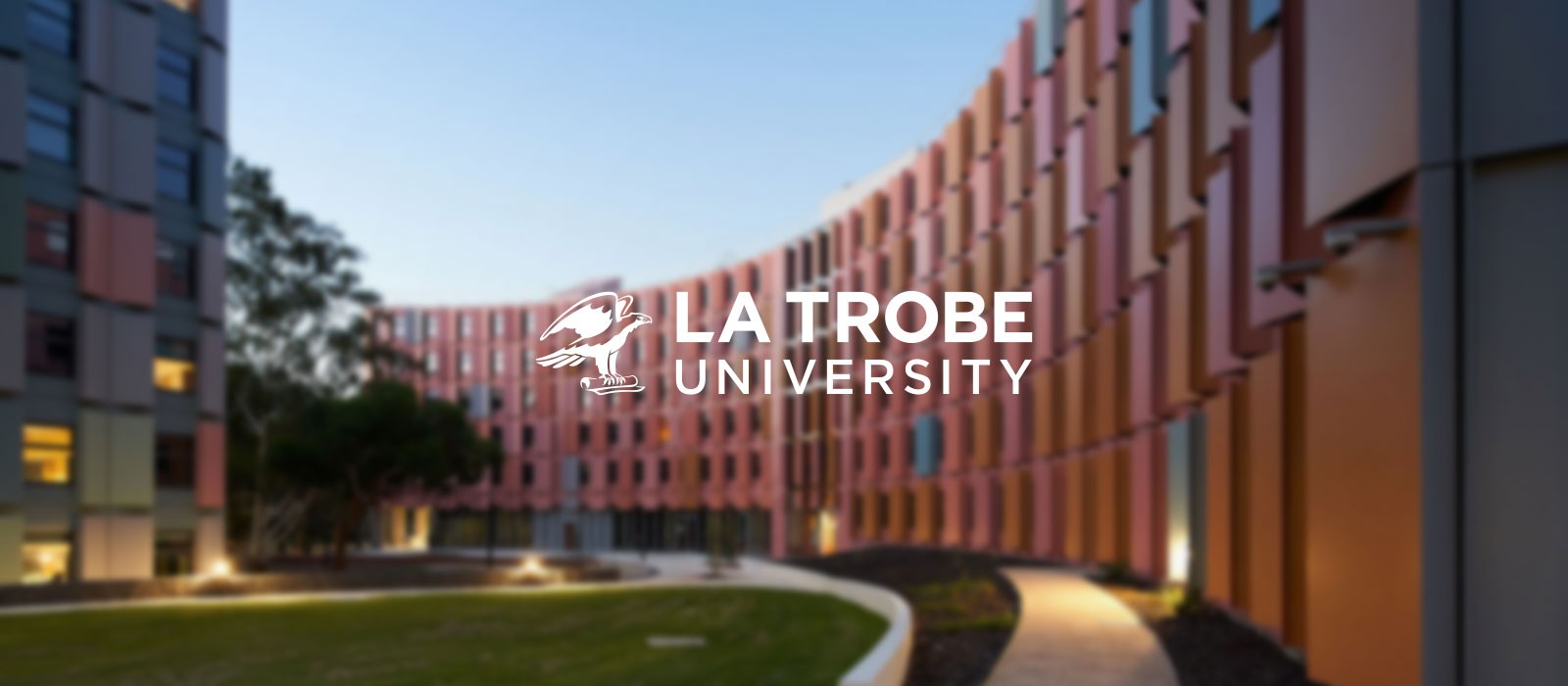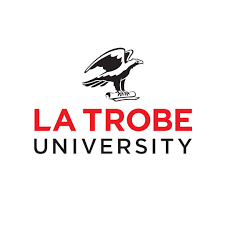
BACHELOR OF FOOD AND NUTRITION


Overview
Duration
3 YEARS FULL-TIME; 2.5 YEARS ACCELERATED
3 YEARS FULL-TIME; 2.5 YEARS ACCELERATED
Scholarship
YES
YES
Fee
A$38 400 PER 120 CREDIT POINTS.
A$38 400 PER 120 CREDIT POINTS.
Intake
SEMESTER 1 (MARCH 2025)
SEMESTER 1 (MARCH 2025)
- About the Bachelor of Food and Nutrition
- Gain the skills to make a difference in people's lives through food and nutrition. La Trobe's Bachelor of Food and Nutrition will equip you with the skills and knowledge to work with people, communities and organisations to prevent many chronic diseases.
- Designed by leading nutrition experts and in collaboration with industry, you'll get a practical hands-on experience while exploring a range of topics such as environmental sustainability of our food system, sustainable diets, food product development, culture and food, and nutrition and disease. You'll have the opportunity to study in modern science labs and commercial kitchens.
- By completing La Trobe's Bachelor of Food and Nutrition, you will:
- build expertise in chemistry and nutrition science, analysis, physiology and biochemistry, epidemiology, and research and communication
- have the flexibility to study online or on campus, or even choose an accelerated option to finish your degree in 2.5 years
- prepare for your career at every stage of the degree, with the option to exit early via the Diploma or Associate Degree in Food and Nutrition
- graduate ready to apply for membership with the Nutrition Society of Australia, or pursue postgraduate studies through the Master of Dietetics or our Honours research program.
Inquire Now
ENTRY REQUIREMENT
- Subject prerequisites
- Units 3 and 4: a study score of at least 25 in English (EAL) or at least 20 in English other than EAL.
- English language requirement
- 6.5 IELTS (Academic) with no individual band less than 6.0.
COURSE AND CAREER OUTCOMES
- Bachelor of Food and Nutrition intended learning outcomes
- Apply well developed literacy and communication skills across a variety of settings, including demonstration of digital literacy, to effectively communicate your knowledge, skills and ideas to others.
- Critically appraise research evidence to enable knowledge translation for ethically informed and evidence-based nutrition practice incorporating health data, nutrition epidemiology methods and biostatistics.
- Critically analyse problems and provide innovative and practical solutions that consider the sociocultural factors that influence food intake and impact food security in changing and complex food, health, environmental and economic systems.
- Integrate and apply knowledge and strategies that support health and wellbeing among individuals and communities to provide specialist advice when working collaboratively with key stakeholders.
- Engage in personal and professional development through reflective practice and self-directed learning.
- Integrate and apply specialist knowledge and practical skills to understand the role of diet in health maintenance and illness prevention and promote health in diverse settings.
- Apply knowledge and skills to demonstrate accountability and ethical responsibility in decision-making in a range of food, nutrition and health related contexts.
- Bachelor of Food and Nutrition career opportunities
- Graduates may enter a wide variety of sectors including public or community health, government, food industry (including development, technology and analysis), research or media. Possible roles include:
- nutritionist
- nutrition educator
- nutrition policy officer
- product developer
- quality assurance officer.
FEES AND SCHOLARSHIPS
- Estimated fees per year (2025):
- A$38 400 per 120 credit points.
- Note: 120 credit points represents full-time study for one year.
- International scholarships
- Destination Australia – an Australian Government initiative
- The Destination Australia scheme supports new international students to study in regional Australia and offers students a high-quality learning experience. For eligible applicants, these scholarships are worth up to A$15 000 per annum for up to four years.
Popular Courses
Start your journey with landmark today!
Find your perfect course
Answer a few questions and
our course matcher will do the rest
Head Office
Level 5, IT Plaza
Kamaladi, Kathmandu
Tel: +977 14542781, 9845566225
E-mail: info@landmarkedu.com
Kamaladi, Kathmandu
Tel: +977 14542781, 9845566225
E-mail: info@landmarkedu.com
Sydney office
Suite 1 Level 1,
46 Macquarie Street,
Parramatta, NSW
Tel: +61 415 122 814
46 Macquarie Street,
Parramatta, NSW
Tel: +61 415 122 814
Branch office
Sahidchowk, Chitwan
Tel: 056-590825
Tel: 056-590825
Mahendrachowk, Biratnagar
Tel: 021-590828
Tel: 021-590828
Level 2, Milanchowk, Butwal, Rupandehi
Tel: 977-71-591694
Tel: 977-71-591694
© Landmark Education. All rights reserved.


